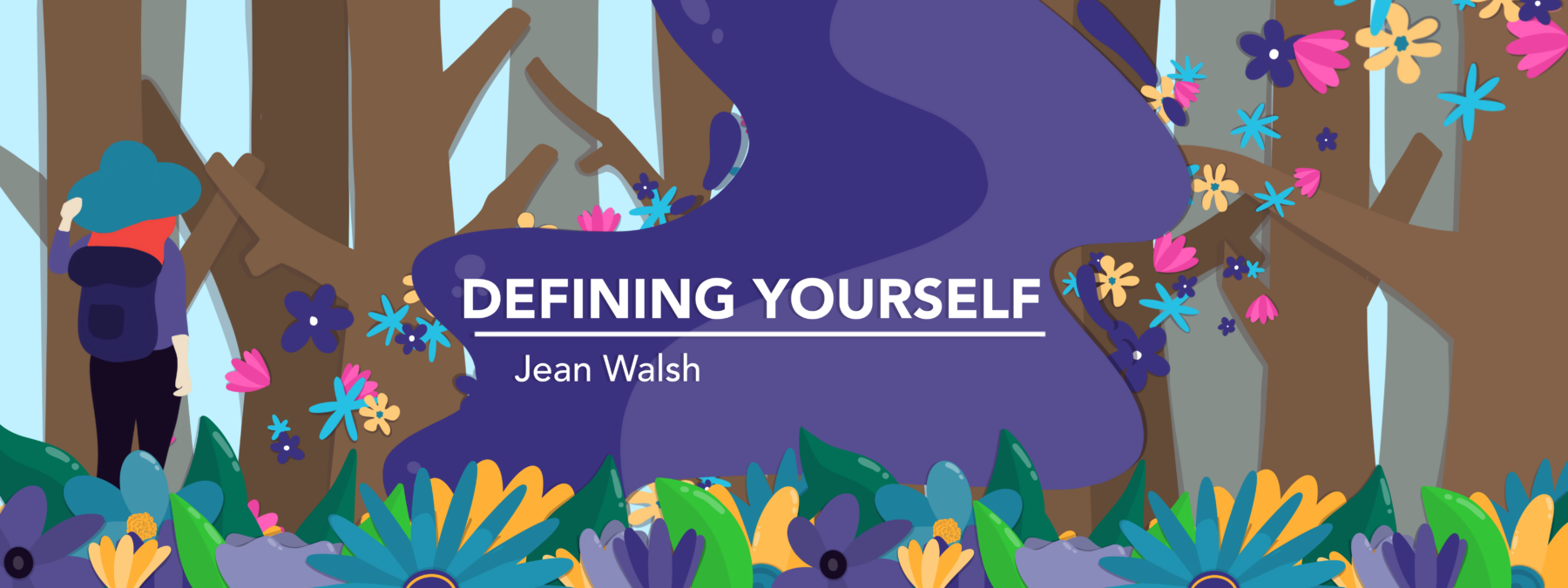Why I’ve made plans to donate my body to science after I die
Even after my passing, I can continue to help the FA community
Written by |

My husband, Dave, and I had a tough year in 2023, when Dave lost both parents. Our grief has lessened, but we’re still working through it.
At times our ability to grieve was blocked because Dave and his siblings were trying to figure out what each parent would’ve wanted in their ceremonies and burials. This experience brought forth a little shadow in my head. As much as I can, I want to preplan my arrangements so my loved ones don’t have to plan while they grieve.
I do have specific wants for my body when I die. Because I have Friedreich’s ataxia (FA), I want to donate my body to research so that I can provide insight into the disease and contribute to the search for treatments and even a cure.
So I visited the website of my patient organization, the Friedreich’s Ataxia Research Alliance (FARA), to set up my organ and tissue donation. It wasn’t hard. I filled out some forms and emailed someone at FARA to complete all the work I could. Because of legal reasons, however, you can’t do everything in advance; your loved ones must finish upon your death.
Letting my body contribute to research after I die
As I’ve lived with FA and grown to love many in the FA community, my commitment to advancing disease research and understanding has grown stronger. Participating in clinical trials has been a significant part of this commitment.
Clinical trials are vital for testing new treatments and understanding a disease’s progression. I’ve volunteered for as many trials as possible, seeing each as an opportunity to assist researchers in gathering crucial data and advancing effective therapies.
Even a trial that doesn’t meet its desired outcome advances our understanding of FA. Although these studies can be demanding, the knowledge that my participation leads to better understanding has always fueled my determination.
For me, the decision to donate my body is an extension of my participation in clinical trials. When I die, the body I no longer need will improve the lives of people who are living with FA. So this decision was easy to make.
I know this choice is a personal and, often, spiritual decision for people. I don’t believe my soul needs a body when I die, which further eased my choice to donate.
FARA’s website explains that organ and tissue donation can help FA researchers in several ways:
- Organ and tissue studies can provide insights that are unattainable from a living person.
- When I was diagnosed with FA, there was nothing I could do to treat it, never mind cure it. Today, however, there’s an approved treatment. Future generations will have a cure. If my body can help make that happen, great! It’s my way of giving back to the community and ensuring that my fight against FA continues beyond my lifetime.
- Researchers dedicate their lives to understanding and combating diseases such as FA. Their work requires immense dedication, perseverance, and intellect. By donating my body, I honor their efforts by providing them with the necessary resources to continue. It’s a tiny gesture of gratitude for their unwavering commitment to finding a cure.
Additionally, making my wishes known now can make life easier for my loved ones when I die. There’s some paperwork they’ll have to complete upon my passing. However, they’ll be able to complete the work of donating my body, knowing it’s exactly what I want. Preparing now means it’ll be less of a burden when the time comes.
Through FARA, I’ve restarted my paperwork with the organization’s new provider for tissue and donation research: the University of Maryland’s Brain and Tissue Bank. It’s not hard!
Consider donating your body to medical research. Whether you’re living with a chronic condition or wish to support scientific advancement, organ and tissue donation is a powerful way to make a lasting impact. It’s a gift that extends beyond our lifetime, offering hope and possibility to those who’ll come after us.
I feel I’ve done one thing to make my death easier for my loved ones. Now, I need to get my will in order.
Note: Friedreich’s Ataxia News is strictly a news and information website about the disease. It does not provide medical advice, diagnosis, or treatment. This content is not intended to be a substitute for professional medical advice, diagnosis, or treatment. Always seek the advice of your physician or another qualified health provider with any questions you may have regarding a medical condition. Never disregard professional medical advice or delay in seeking it because of something you have read on this website. The opinions expressed in this column are not those of Friedreich’s Ataxia News or its parent company, Bionews, and are intended to spark discussion about issues pertaining to Friedreich’s ataxia.




Linda Johnson
Excellent article! I wasn’t even thinking this, but I am now!